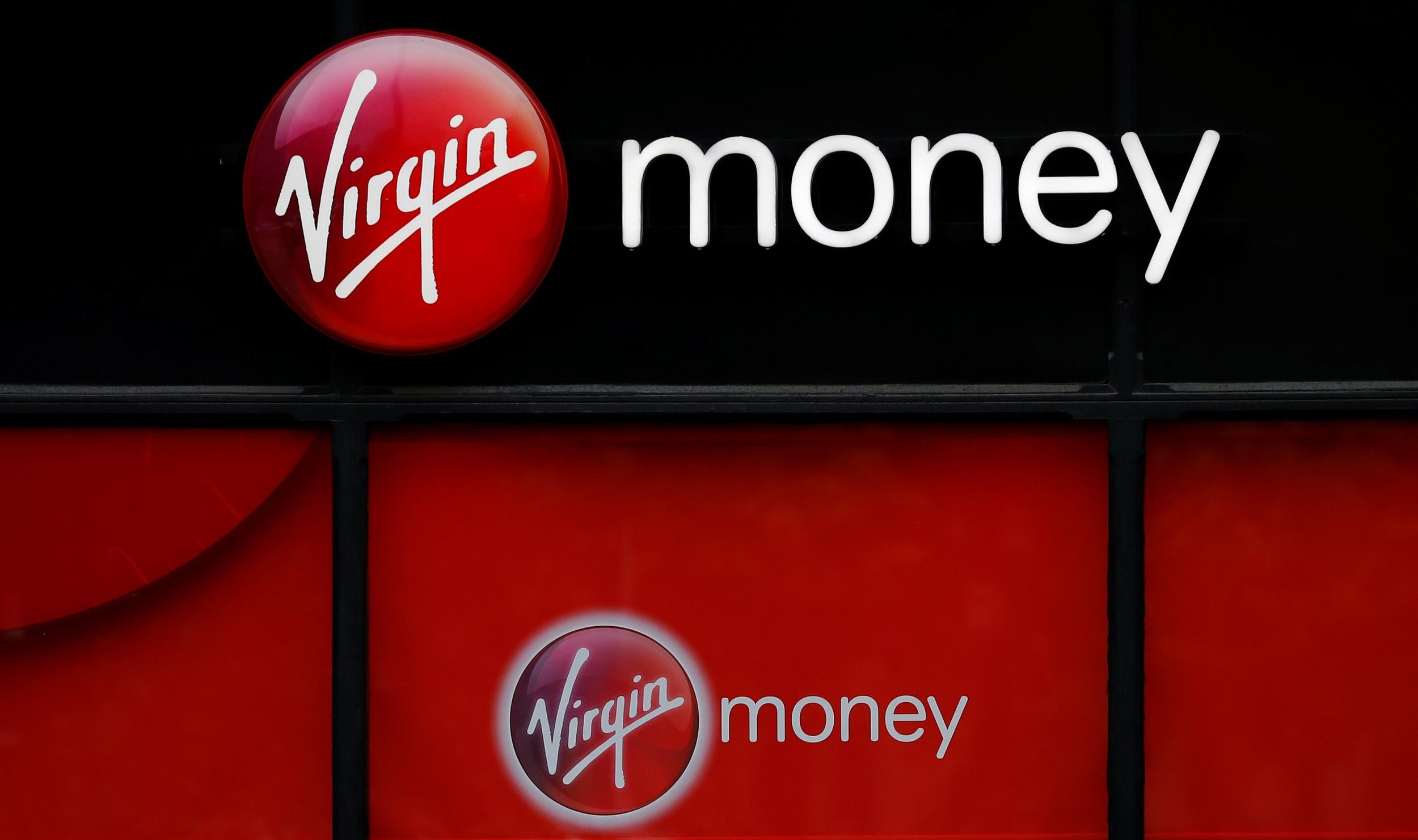As watchdogs approve CYBG and Virgin Money's merger, should the big five banks be worried?
A shake up of retail banking was promised after the financial crisis but there hasn't been a lot of shaking done by the big players

Your support helps us to tell the story
From reproductive rights to climate change to Big Tech, The Independent is on the ground when the story is developing. Whether it's investigating the financials of Elon Musk's pro-Trump PAC or producing our latest documentary, 'The A Word', which shines a light on the American women fighting for reproductive rights, we know how important it is to parse out the facts from the messaging.
At such a critical moment in US history, we need reporters on the ground. Your donation allows us to keep sending journalists to speak to both sides of the story.
The Independent is trusted by Americans across the entire political spectrum. And unlike many other quality news outlets, we choose not to lock Americans out of our reporting and analysis with paywalls. We believe quality journalism should be available to everyone, paid for by those who can afford it.
Your support makes all the difference.Is the merger of Virgin Money with CYBG, that the Financial Conduct Authority approved today, going to create a bold new competitive force in British banking or will this represent just another damp squib?
I’m betting on the latter, at least from the perspective of the consumer.
Here’s why: In the wake of the financial crisis it was decided that Britain’s banking market was over concentrated and uncompetitive and that it served customers poorly as a result.
In response to this, the then Government promised a shake up by encouraging new entrants. It would even have a hand in their creation. Regulators joined in the fun and everything looked super.
So emerged a new and larger Virgin Money from the ashes of the nationalised Northern Rock - Sir Richard Branson’s boys and girls got a sweet deal when they bought the good bit to add to the business they were already growing.
The EU helped out by forcing Lloyds to cough up TSB as a result of the state aid it received in the form of a multi-billion pound bail out.
RBS was supposed to follow its lead by spinning off Williams & Glyn’s. American businessman Vernon Hill, meanwhile, opened Metro Bank with a pledge to “change the way Britain banks” and the offer of, um, free dog biscuits. Anthony Thompson, who helped run it, went on to launch his Atom Bank as an app.
CYBG - the owner of the Clydesdale and Yorkshire banks - was floated off by a National Australia Bank that wanted out of the UK.
So lots of activity. But the net result of it all? Nothing much has really changed.
TSB started off well. Then it was taken over by Spain’s Banco Sabadell and turned into a disaster courtesy of a botched attempt to extricate itself from the Lloyds IT platform it had been using. The way it handled the crisis was straight out of the bad old banking playbook.
Williams & Glyn’s never got out of the starting stalls, with RBS unable to find a buyer or a viable way to float the thing off. It ended up agreeing a deal to put up cash to facilitate competition instead.
The others? Metro has grown rapidly. Atom was named by LinkedIn as one of the 25 disrupters “you need to know”. Investors in CYBG/Virgin have high hopes for the promised cost cutting, as they always do.
But through it all the big five, if you include Banco Santander, which styles itself a ‘challenger bank’ even thought it isn’t, have sailed serenely on.
Last week I noted the marked improvement in Lloyds Bank’s margins even as no less than Goldman Sachs was launching its attempt to disrupt the status quo courtesy of a savings bank offering depositors the princely sum of 1.5 per cent. If banks operated in a truly competitive market Lloyds wouldn’t have found that so easy.
In the wake of the merger's clearance, however, I decided to ask Investec analyst Ian Gordon for his view on the challenge the challengers have posed to the big guns. I wondered if he would confirm my view.
He did. CYBG/VM, he said, will be a bit bigger; it will have a slightly higher market share, but in all products – current accounts, business accounts and mortgages - the big players will remain, in his words, “utterly dominant”. Smaller banks have demonstrated the capacity to grow very quickly. But none of them has seriously threatened the status quo. They're like mosquitos buzzing around elephants.
Mr Gordon thinks this makes the big banks look undervalued in terms of their share prices. I think that he’s probably right about that. From an investment perspective, they’re a steal. But as for consumers, the new dawn they were promised after the crisis has turned out to be a false one.
Join our commenting forum
Join thought-provoking conversations, follow other Independent readers and see their replies
Comments